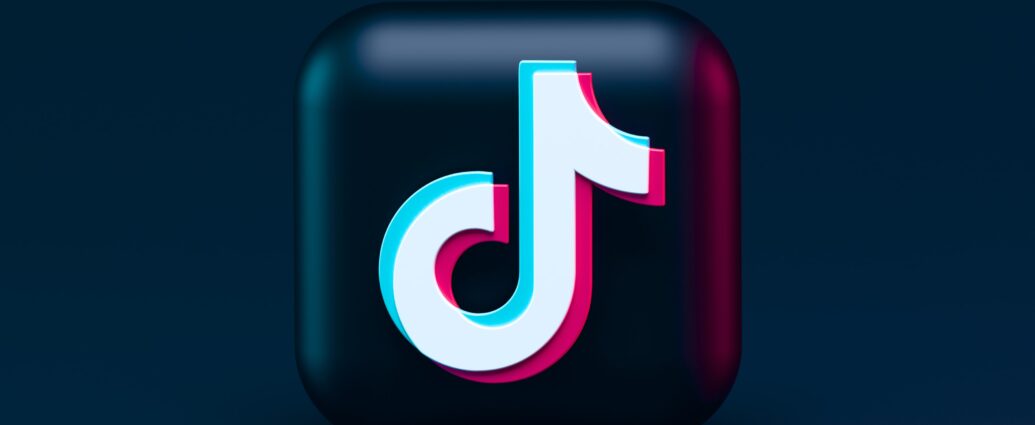Eleanora Corney
TW: body image
The digital age brings with it a whole host of new and exciting opportunities and experiences. Unfortunately, issues that already existed before the dawn of social media have been exacerbated through the lenses of digital platforms. See, for instance, the influence of TikTok on young people’s body image.
“I was told multiple times that no one would ever want a fat girl, and that social media was not a place for people like me, ‘ugly’ and ‘fat’ people.”
My name is Eleanor, and I grew up plus size due to having a health condition called Polycystic Ovarian Syndrome. I sure did pay the price, with years of bullying under my belt and a lifetime of ostracism directed towards me from all angles: friendship groups, fashion brands, social settings, and many more.
At school, my body was compared to several things. The most hurtful was the comparison to a ‘blow-up doll.’ I was told multiple times that no one would ever want a fat girl, and that social media was not a place for people like me, ‘ugly’ and ‘fat’ people.
The Social Media Problem
I grew up around the time that social media’s popularity was skyrocketing. Like many other young people at the time, I felt an obligation to create social media accounts. By the age of 13, I already had an Instagram and Snapchat account, both platforms which rely on the use of cameras to snap pictures to share with ‘friends.’
For those who are plus-size, this activity isn’t always as harmless as it may seem. My first negative experience stemming from social media came when I was merely 14. I was on the bus home from school, and someone tapped me on the shoulder. A look of disgust took over their face as their hand dropped to their side as if they had touched something dirty. “Oh.” They said disappointedly, “you looked so pretty on Instagram…”
The Temptation to Edit
Filters. The things that keep the little world of social media spinning. When I was younger, the dog filter and the flower crown filter had a mighty grip on all adolescents. We adorn selfies with filters that altered our face shape, made our noses thinner, and added a wash of white to our skin. As a plus-size individual, I hid behind the editing in the hopes that I would appear thinner to people.
Little did I know, that was only the start. In 2018, the famous app Musical.ly merged into the app we all now know to be TikTok. Users could do the same thing as on Musical.ly, with the help of added filters and video editing options. The pressure (and opportunity) to edit continued to rise.
Trolling
For plus-size creators and other marginalised users, the app presents an even wider set of challenges. Namely, in the platform it gives to trolls. Commenting on her experiences of TikTok and trolling, activist and model Saucye West claimed that “I have never in my life seen [hateful comments] like this before.” In the comment section of a substantial proportion of plus-sized creators, disgusting vitriol is spouted.
“Young people may see these individuals and wonder what is wrong with them, simply because they are not mirror images of conventional beauty.”
Not only this, but the For You page on TikTok is plastered with videos of individuals who fit conventional beauty standards. This is, of course, no fault of their own, but the lack of diversity shown on TikTok’s main For You page creates a lot of room for harmful comparison. Young people may see these individuals and wonder what is wrong with them, simply because they are not mirror images of conventional beauty.
In March 2020, it was revealed that TikTok “tried to filter out videos from ugly, poor or disabled users.” Leaked documents revealed that TikTok moderators were told to exclude videos from the For You page if they failed on any one of a number of categories. For instance, if you had an “abnormal body shape” or if you were “chubby… obese or too thin”, you would be excluded from the so-called automated algorithm.
What can we do?
TikTok is not a faultless app, especially for plus-size individuals. However, there are things you can do to protect yourself from seeing potentially damaging content when you use the app. Firstly, and this goes without saying, limit your time on the application. Secondly, blocking users using the app to promote damaging content or to spread vitriol towards creators is an option. At the end of the day, no matter what body type you have, you only have one body and one life, and you deserve to feel good about yourself while living it.
Image courtesy of Alexander Shatov on Unsplash. No changes were made to this image. Image license found here.

